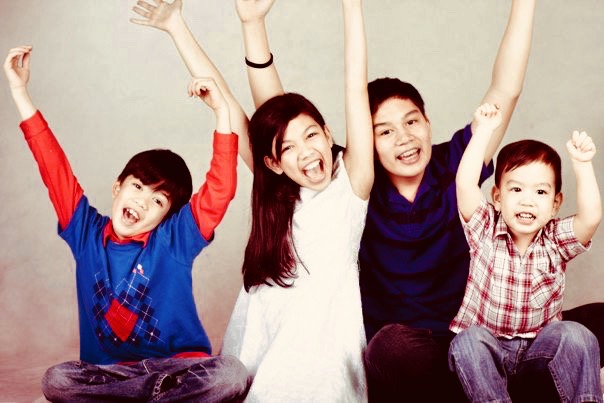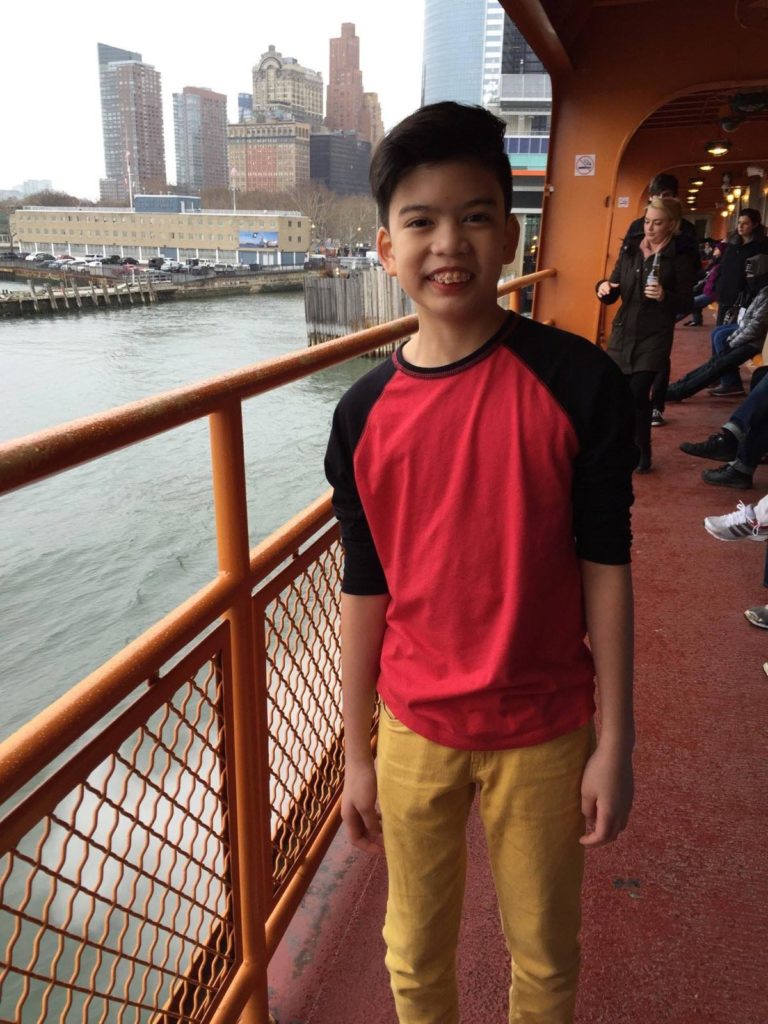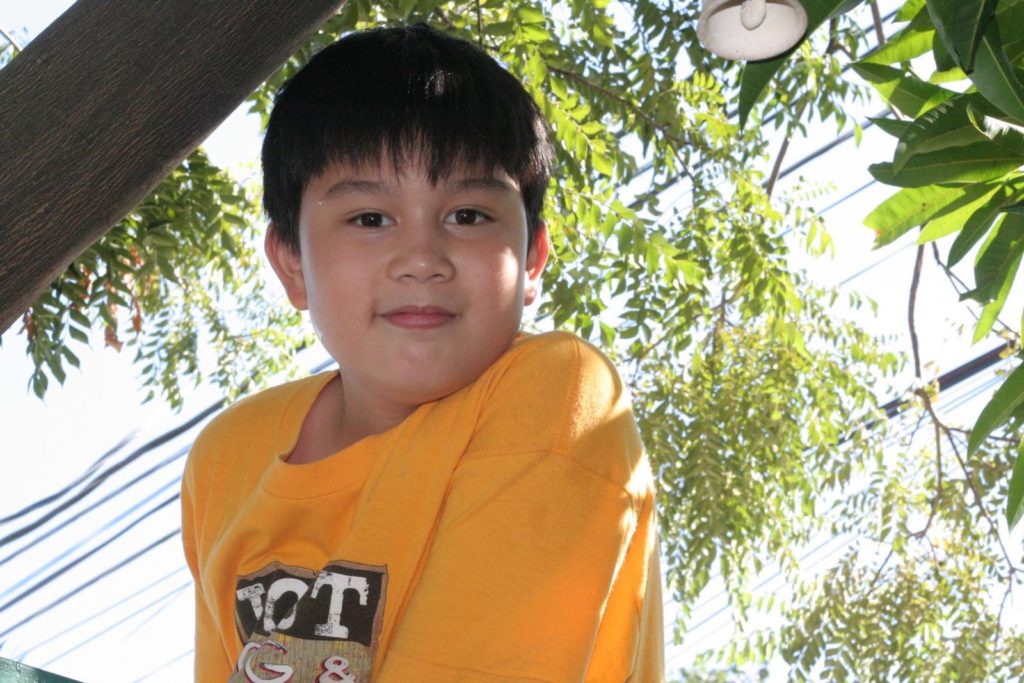
Maybe you can relate to this… your pre-teen (or “tween”, that interesting “in between” stage ranging from 9-12 years old) whom you used to bribe to stay home as a 5-year-old because he would cling to your legs as you walked out of the house is now the boy who doesn’t want to go with you even if you say you’re going to his favorite restaurant.
Or that little girl who couldn’t stop talking to you about her day, while you wished you could have some quiet moments alone, is now always in her corner either reading by herself or using her gadget; Or that once easygoing son who suddenly makes a snide “I didn’t say I was hungry,” after you went out of your way to give him a snack while he was doing his homework–causing you to walk away heartbroken because all you wanted was to serve him and make him happy.
If you can relate, you’re probably feeling confused and rejected. Having had three kids who went through this phase (and one going through it right now) I want to share with you some of the things that I’ve learned on our journey.
Don’t Take Things Too Personally
I know how much it hurts when your child pushes you away. It feels like a personal attack on you and your efforts. The shouting, the rolling of the eyes, the banging of doors—hard to believe, these disrespectful actions are not deliberately planned by your child to hurt you.
Most of the time, he is not doing it on purpose.
“Adults think with the prefrontal cortex, the brain’s rational part. This is the part of the brain that responds to situations with good judgment and an awareness of long-term consequences. Teens process information with the amygdala. This is the emotional part. In teen’s brains, the connections between the emotional part of the brain and the decision-making center are still developing—and not always at the same rate. That’s why when teens have overwhelming emotional input, they can’t explain later what they were thinking. They weren’t thinking as much as they were feeling.” (Stanfordchildrens.org)

A lot of our tween’s responses are motivated by their emotions which is why there are a lot of outbursts. When they’re angry or annoyed, it shows every time on their facial expressions or words.
Again, these are not intentionally aimed at you.
They just haven’t mastered the appropriate ways to express what they’re feeling.
It’s only a phase.
I know from experience that it will pass and sooner or later they’ll have a better handle over their emotions.

Don’t Disengage
When we’re hurt and feeling rejected, we feel like the most rational thing to do is to get out of their lives. While there is wisdom in temporarily giving them their own space, that doesn’t mean completely disconnecting with them.
Your pre-teen needs you.
He may not be able to articulate it but it’s the truth. My 22-year-old daughter once told me that during those times that she just wanted to lock herself in her room, she would still anticipate a knock on her door calling her to join the family for dinner.
“The front part of the brain, called the prefrontal cortex, is one of the last brain regions to mature. This area is responsible for skills like planning, prioritizing, and controlling impulses. Because these skills are still developing, teens are more likely to engage in risky behaviors without considering the potential results of their decisions.” (nimh.nih.gov)
Knowing that they are prone to making decisions without weighing it thoroughly means that they need their parents all the more at this time to guide them.
So don’t disengage.
Stay involved in your child’s life even if it seems he rejects you every time you make an effort. Try to explore different ways.

Discover the best time of day when your child is most open to you. We have the no-gadget rule during meal times so that everyone has no choice but to talk to each other. Prepare conversation starter cards that you can download online that can get everyone talking.
When your tween asks for help, be ready to assist in any way. Whether it’s to shop for new clothes or a ride to a friend’s house, offer to help. They will always appreciate it and is one way to keep your connection with them.
The most important thing for them to know is that you will always love them and will be there for them despite how they’re behaving.

Get Into Their World
When our tween was younger, it was much easier to take him everywhere we went—easily making him fit into our own activities whether it was grocery shopping or attending a friend’s birthday.
But as pre-teens, we started noticing there was resistance.
If they didn’t feel like going, they didn’t. That’s why it’s important to get into their world—the tables have turned at this stage. We now need to fit ourselves into what our kids enjoy doing.
At a parenting seminar I did recently, I was asked about how to deal with teens who were into KPop (Korean pop music). I said that if KPop was important to their child, then maybe they should get into KPop as well!
What can potentially get in the way of your relationship can actually be turned into that very thing that can strengthen your bond and build memories that you can share with your pre-teen.
I remember my daughter’s Taylor Swift days as a tween. She bought all of her CDs, watched all of her music videos and sang her songs all day long.
What did I do? I listened with her, memorized the lyrics and eventually was singing the songs with her. We even went to Taylor Swift’s concert together.
And until today, she looks back on those days with fond memories.
We need to make the effort to discover the things that are important to them. Showing an interest in what they’re passionate about communicates to them that you accept them and support them.

As difficult and challenging as the pre-teen years can be, the good news is that if you’re willing to adjust your responses, these years can be an opportune time to strengthen your relationship that will carry over until adulthood.
So, be reassured, moms. It will all be worth it.




